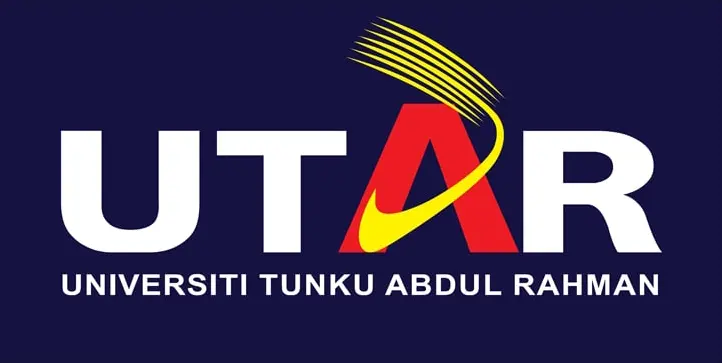
Doctor of Philosophy (Creative Arts)



| Yearly Tuition fees | |||
|---|---|---|---|
| Year | Fee | ||
| 1st Year | MYR 3,900 | ||
| 2nd Year | MYR 3,900 | ||
| 3rd Year | MYR 3,900 | ||
| Other Fees | |||
|---|---|---|---|
| Description | Fee | ||
| Caution Fee (Refundable) | MYR 1,000 | ||
| Dissertation and Thesis Exam Fees | MYR 3,000 | ||
| Personal Bond Fee (Refundable - Average ) | MYR 1,500 | ||
| Registration and Administrative Fees | MYR 6,900 | ||
| Resource, Exam, Facility , Activity and Service Fees | MYR 1,800 | ||
| Visa Fee (Average ) | MYR 2,300 | ||
The Doctor of Philosophy (PhD) program in Creative Arts at Tunku Abdul Rahman University (UTAR) offers a comprehensive and rigorous pathway for students aspiring to achieve the highest level of expertise in the field. This program provides a unique opportunity for students to engage in advanced research, critical analysis, and scholarly exploration within various disciplines of the creative arts. By enrolling in the program, students collaborate closely with esteemed faculty mentors, conducting independent research, contributing to the existing body of knowledge, and making significant intellectual contributions to their specialized areas of study. Through the pursuit of a PhD in Creative Arts at UTAR, students develop advanced research skills, critical thinking abilities, and a profound understanding of the creative process, artistic expression, and cultural significance. Graduates of the program are well-equipped for leadership roles in academia, research institutions, arts organizations, and creative industries, where they can drive artistic innovation, contribute to cultural discourse, and shape the future of the creative arts through their cutting-edge research, creative practice, and scholarly expertise.
For other qualifications and certificates (e.g.,,Other qualifications equivalent to a Master’s degree , etc..) please contact our educational consultants or submit your application for Admission assessment.
The programme consists of compulsory course:
Research Methodology and research work.
The research work produced in the form of a thesis
must display original and critical thoughts, add
significant values to the current state of knowledge,
and contribute to address problems and issues.
The team typically replies in a few minutes.